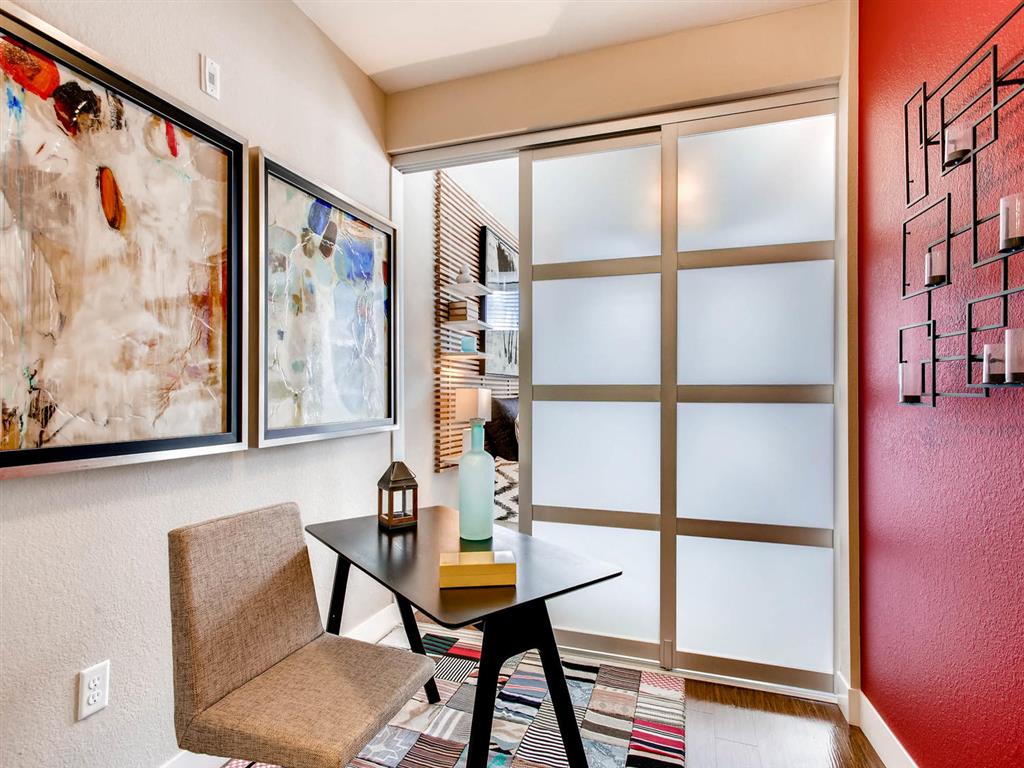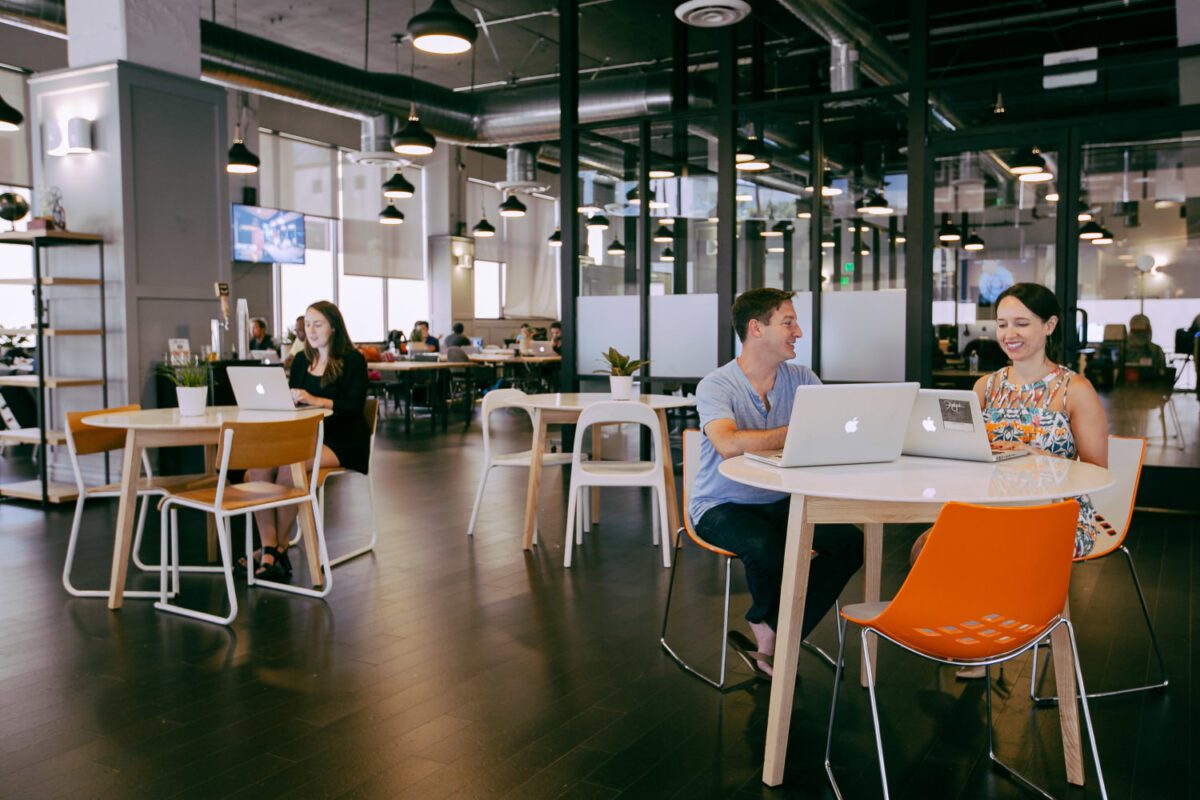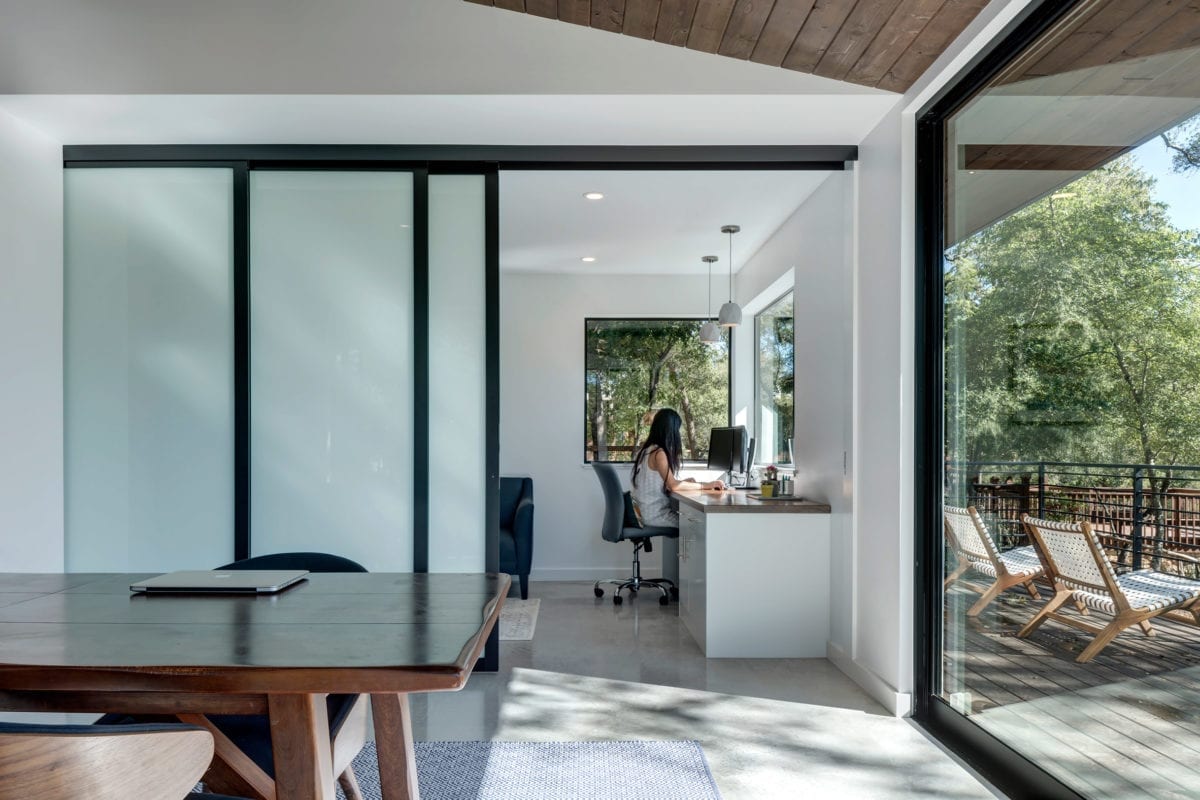Employers found themselves having to face so many challenges when Covid 19 came on the scene which included getting their employees acclimated to the benefits of working remotely. Employers needed to find a way to keep their employees safe, productive, and ensure they kept their business functioning in this new Covid 19 reality. At times, inevitably, it seemed a daunting task to take on this new dynamic themselves, let alone request this of their employees. The pressure to begin utilizing a variety of new technologies, to see employees work remotely in an effective way, and to safeguard that everyone had a job to come back to, so to speak, after the pandemic finished running its’ course has been a huge responsibility.
Even though the pandemic is not over, a light at the end of the tunnel has turned on, and there is now more optimism for employers and employees alike. This translates into workers being able to begin the process of reappearing back into the office. This is symbolic of returning to a semblance of normal in a world that has been overrun by a new normal at every turn. This is very positive. Ironically, the benefits of working remotely sunk in, and not all employees want to come back to the office. In fact, a great number of employees have enjoyed working from home or remotely and have no desire to give that up.
Employees Want to Continue Enjoying the Benefits of Working Remotely
According to McKinsey & Company, 80% of people questioned reported that they enjoy working from home. Additionally, 41% said that they are more productive. This makes sense. There is a huge win when it comes to the long morning commute being removed from the day-to-day. It has also been very liberating for employees to have more autonomy over their time. In great numbers, many have found it easier to balance their home life with their professional life. For parents, saving money on daycare has been crucial to making their budget work, especially for new mothers, and there are those people who prefer to work hours that may not be traditional, but that makes them even more effective at their job.
This paradigm shift has put many employers in an interesting and possibly awkward position. On the one hand, the benefits of working remotely provide numerous advantages to employees. Working from home can now be seen as more than just selling the benefits of working remotely. Rather, it is a truly viable alternative to the prior paradigm of coming into the office every day. On the other hand, an employer wants to maintain performance and accountability when it comes to the work their employees perform. Yet, they have learned that technology can help them do this. So, there becomes this quandary, what to do?
One thing is clear, employers want to keep the moral of their employees high. An employer wants to always set up the employee for success and offer the tools necessary to make that happen. At the same time, the bottom line needs to be considered in every decision. Still, it just is not possible to ignore that there are many employees that will find it very hard to give up working remotely.
So, when it all comes down to brass tacks, what does all this mean in practice? Does the employer go along with this new shift in thinking they encouraged? What happens to their old office? Does the employer keep the office space as it is? Do they shrink and repurpose the space to include more functionality? Do they create a hybrid model where employees can come and go? Do they create a culture of support where they help their employees create an optimal working remotely experience?
There is almost nothing as important as the morale of the employee. So, since it is impossible to put the genie back in the bottle, and employees prefer working remotely, especially from home, then it is only perfectly reasonable for the employer to provide an ideal way for employees to continue working remotely, especially from home. The trick then, is what does that look like and how will the employer get this done? Many employers have updated their offices to have a more contemporary look. They have added interior glass sliding doors and glass wall partitions. They have added swinging glass doors with locks and even used fixed glass panels to add more privacy and elegance to the typical office cubicle. If this works for the office that the employee is coming from, why can’t this work for their home office?
An employee needs 3 very important things to effectively work remotely (primarily from home):
- A clearly designated space where the employee will perform their work
- A space that is clear of all distractions
- A space that makes the employee feel comfortable
Then, there are some things employers don’t want to have to worry about:
- Construction costs
- Permits
- The lack of flexibility
- Rerouting any kind of ventilation, lighting, or power
- Complexity
These are 5 of the most often cited benefits of working remotely:
- Increased morale
- Higher productivity
- Fewer sick days
- Getting to avoid the work commute
- Working a flexible schedule
The most favorable situation, really, is to be able to install a solution that can be assembled quickly, can accommodate any indoor environment, looks welcoming (even elegant), can seem like an organic extension to the employees’ home, and be able to be removed just as simply as it was installed.
To meet the needs of these fundamental qualities, many employers are opting to use the same solutions they used for their office prior to the pandemic. That is an open-air system, a system that lets in natural light, a system that is modular and flexible, one that offers numerous configurations, and one that can be repurposed. Solutions created using the same kind of interior glass and door products they purchased from a company like The Sliding Door Company.
The Sliding Door Company Raises the Bar on the Benefits of Working Remotely
Using a company like The Sliding Door Company can provide a variety of home office solutions. They have the experience when it comes to optimizing a property’s floor plan and any special needs of the employee. They can suggest that the employer select room dividers, wall slide doors, suspended systems, office partitions, swing doors, transoms, and more. The Sliding Door Company can turn any space into one that is both practical and refined.
Would the employer like to purchase a flexible track system (FTS)? Focus on being ADA compliant? Use smoked glass or clear glass? Invest in QUBIGLASS®? Select door handles that can lock?
The Sliding Door Company has been providing residential and commercial solutions like these since 2005. Working with anyone, from a curious shopper to architects, designers, engineers, and contractors, these solutions grace homes and offices around the country and abroad. The Sliding Door Company uses only the best quality materials for their high-end products. This means tempered or laminated safety glass, anodized, powder-coated, or heat-treated aluminum that doesn’t rust, as well parts that are patented, such as a system that will guarantee a sliding glass door never leaves its’ track.
The Sliding Door Company Brings Any Living Space a Modern and Elegant Touch
Now that employees understand the benefits of working remotely, and have bought into this concept, then utilizing a company like The Sliding Door Company can offer employers a safe bet that they will help their employees thrive. These solutions allow in natural light which is proven to have health benefits. They will help the employee not feel isolated and claustrophobic, rather, provide them a haven from the rest of their home that they know that they can go to work in peace and solitude. The best part, the employee will also have a sense of pride in their workplace, as it is inspirational to be within such a beautiful environment when doing your job.


 PARTITION WALLS
PARTITION WALLS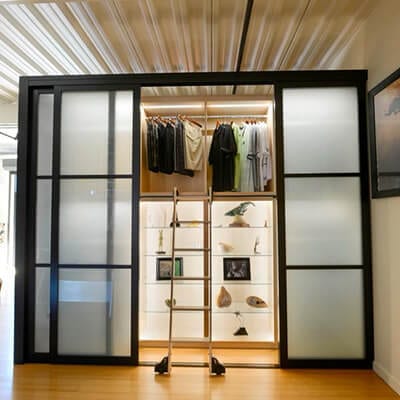 CLOSET DOORS
CLOSET DOORS WALL SLIDE DOORS
WALL SLIDE DOORS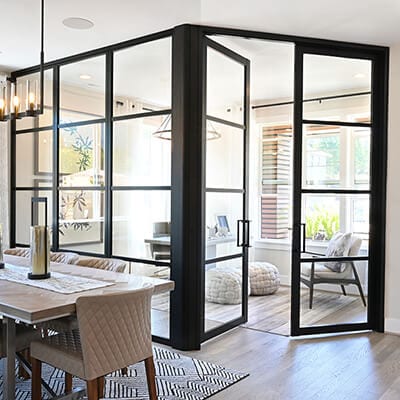 SWING DOORS
SWING DOORS BI-FOLD DOORS
BI-FOLD DOORS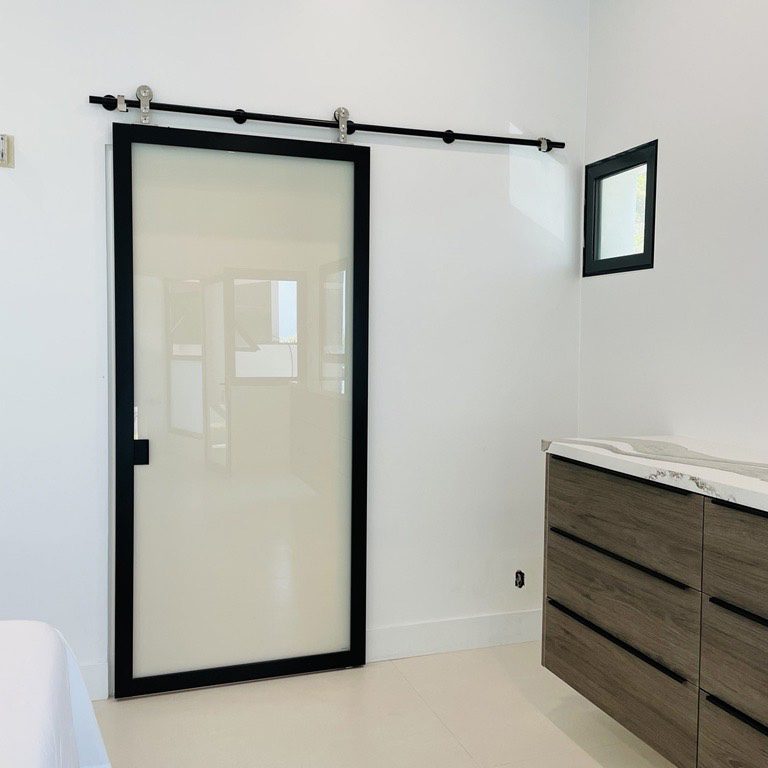 BARN DOORS
BARN DOORS SUSPENDED DOORS
SUSPENDED DOORS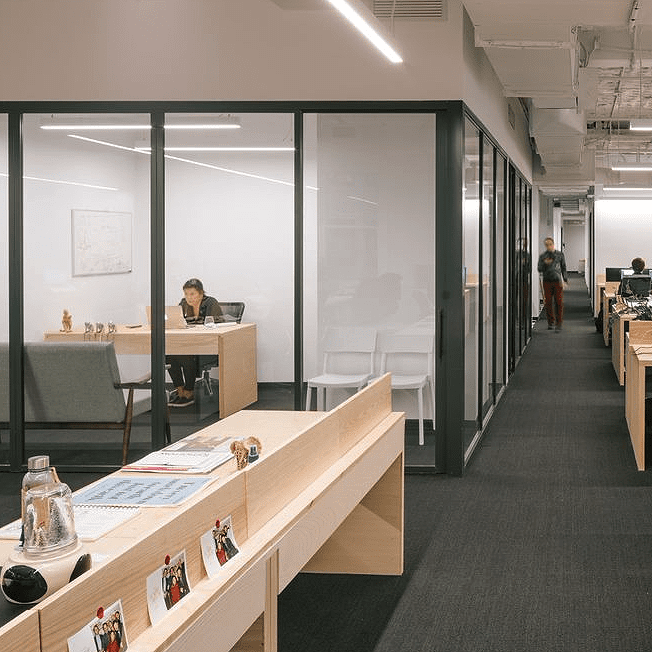
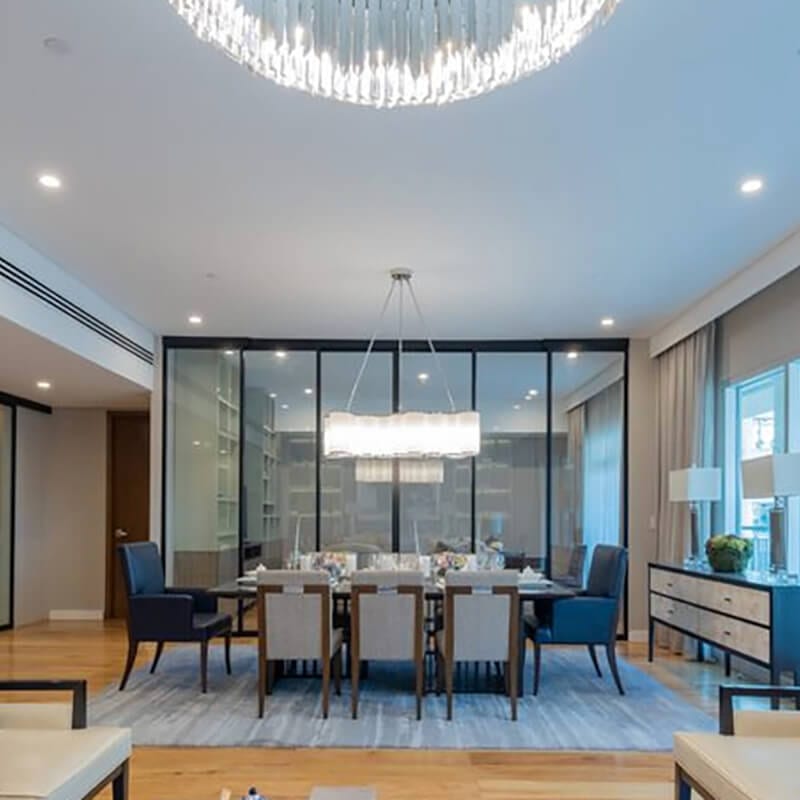 HOSPITALITY
HOSPITALITY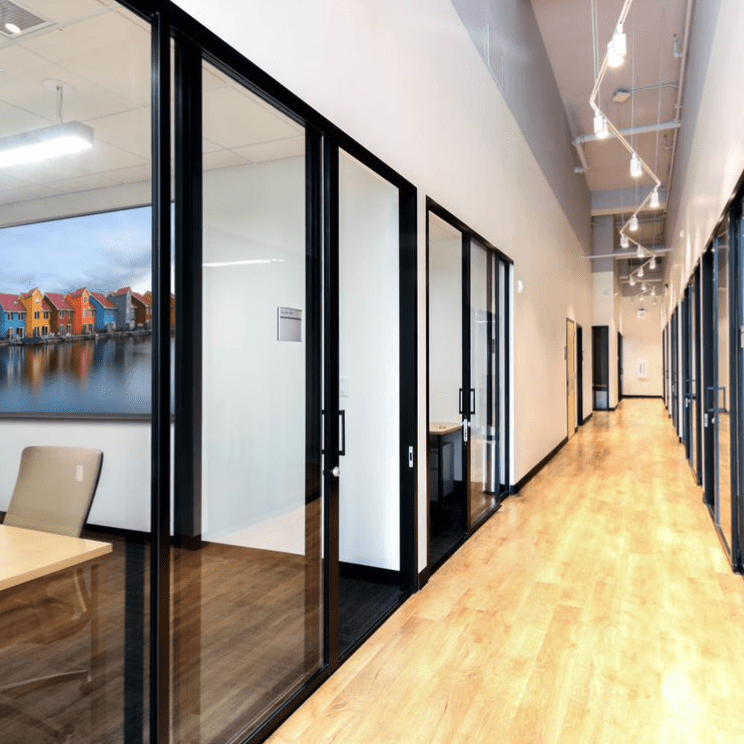 CO-WORKING
CO-WORKING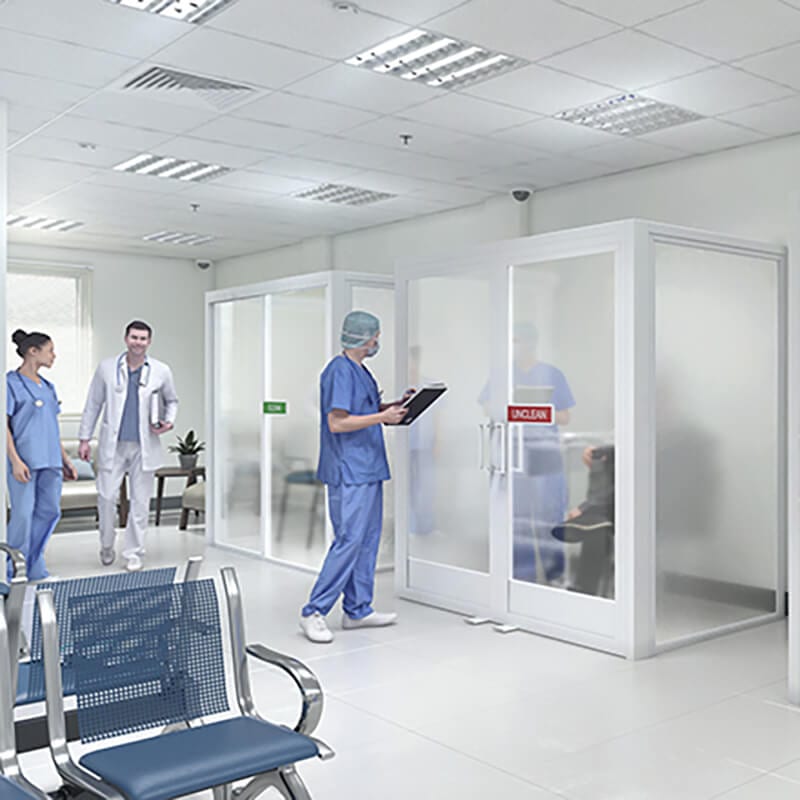 HEALTHCARE
HEALTHCARE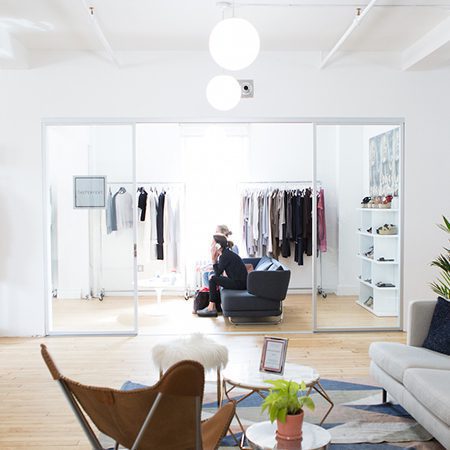 BRICK & MORTAR
BRICK & MORTAR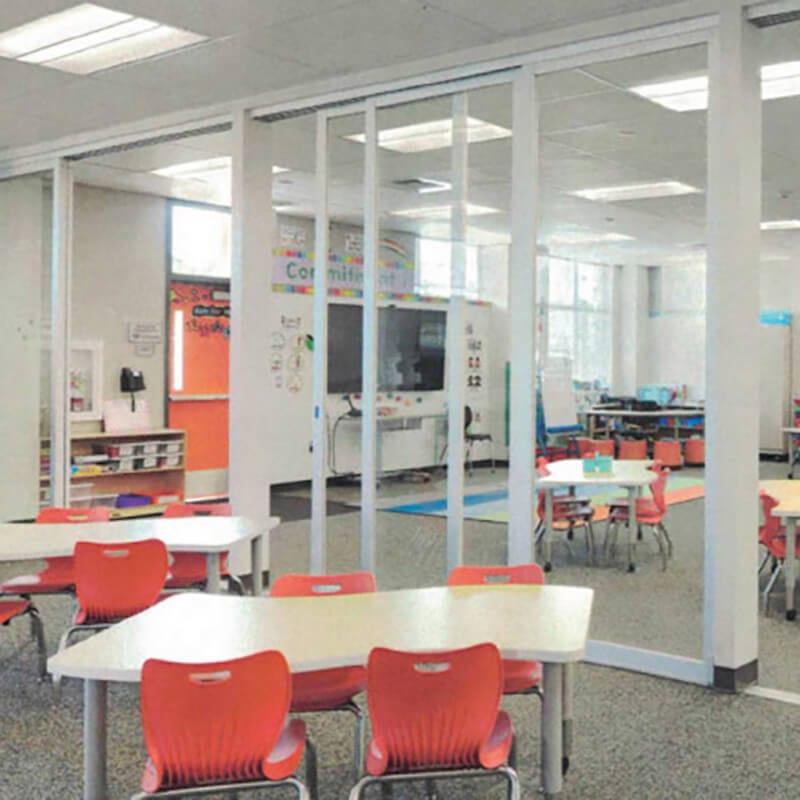 EDUCATION
EDUCATION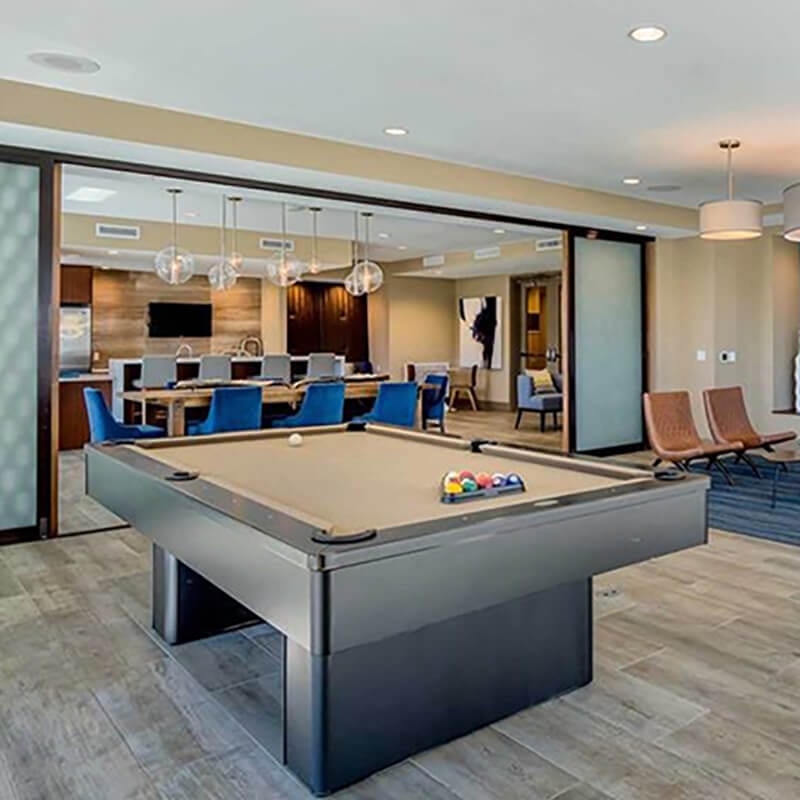 MULTI-FAMILY
MULTI-FAMILY BECOME A TRADE PARTNER
BECOME A TRADE PARTNER
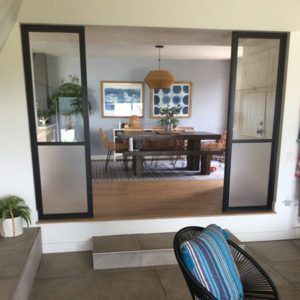 PARTITION WALLS
PARTITION WALLS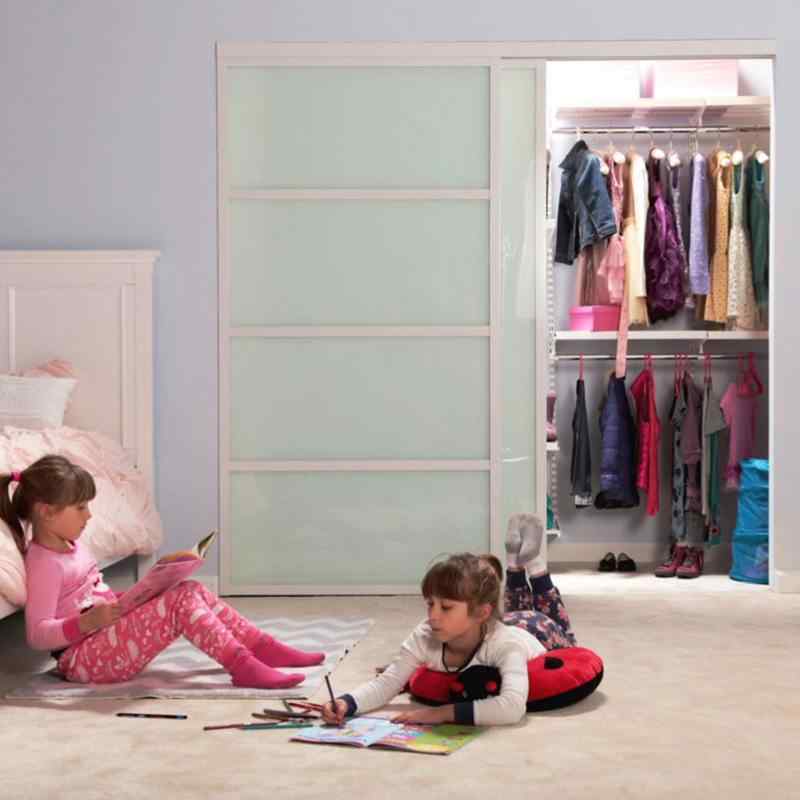 CLOSET DOORS
CLOSET DOORS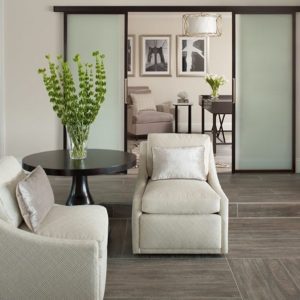 WALL SLIDE DOORS
WALL SLIDE DOORS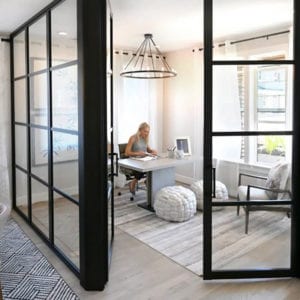 SWING DOORS
SWING DOORS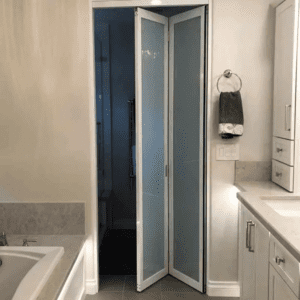 BI-FOLD DOORS
BI-FOLD DOORS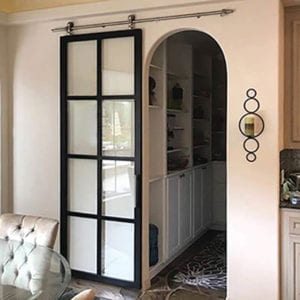 BARN DOORS
BARN DOORS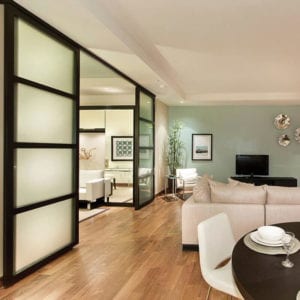 SUSPENDED DOORS
SUSPENDED DOORS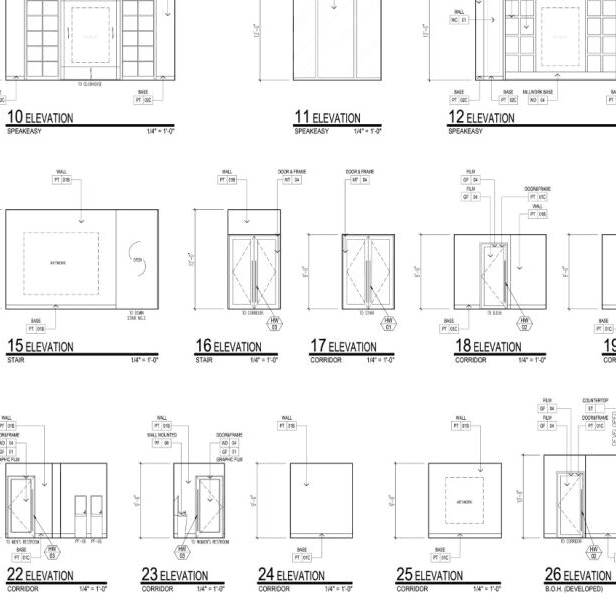

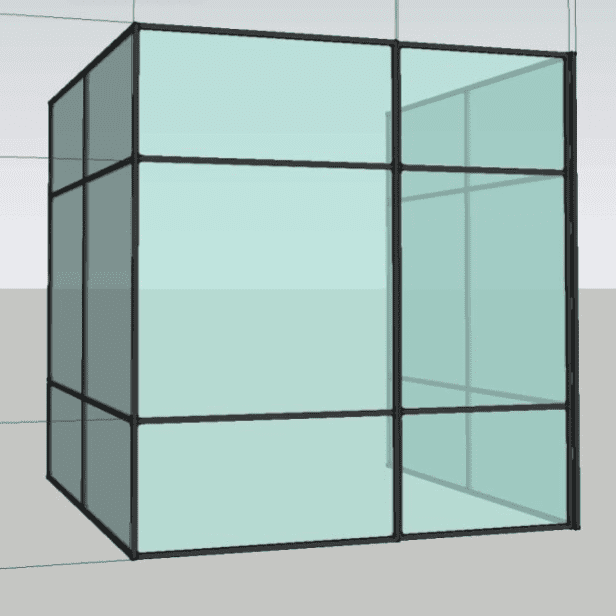
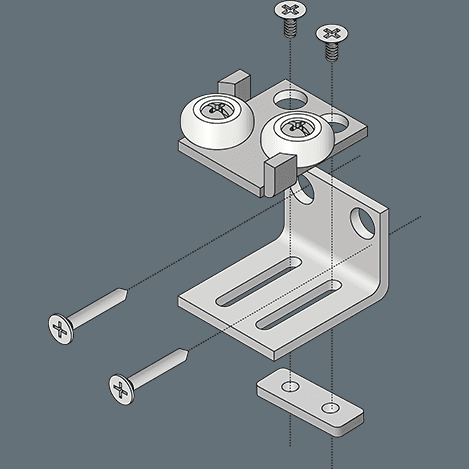
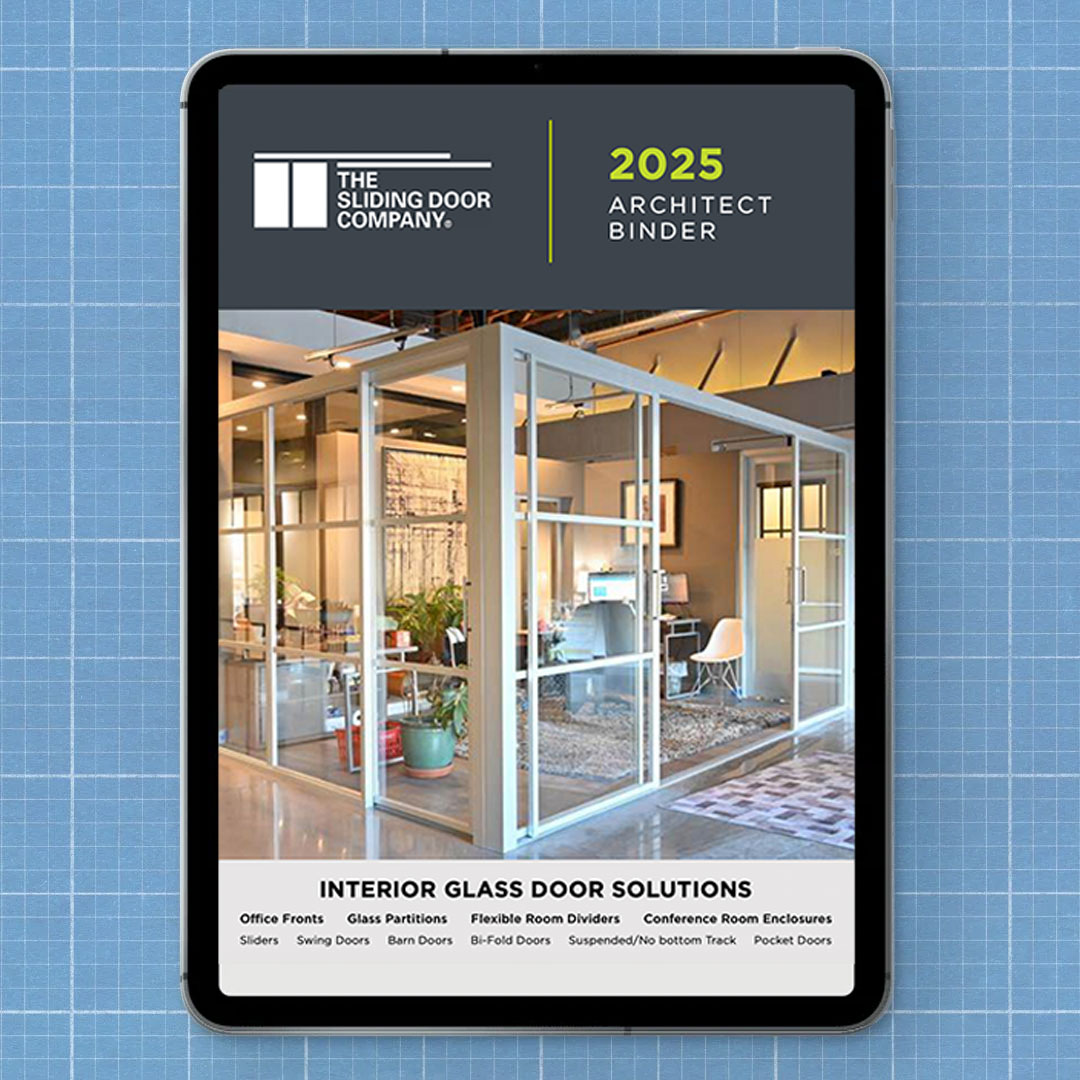
 10 REASONS
10 REASONS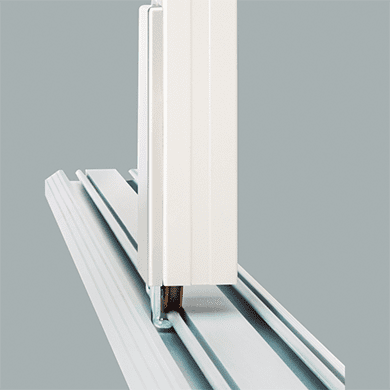 OUR PATENTS
OUR PATENTS OUR PROCESS
OUR PROCESS OUR WARRANTY
OUR WARRANTY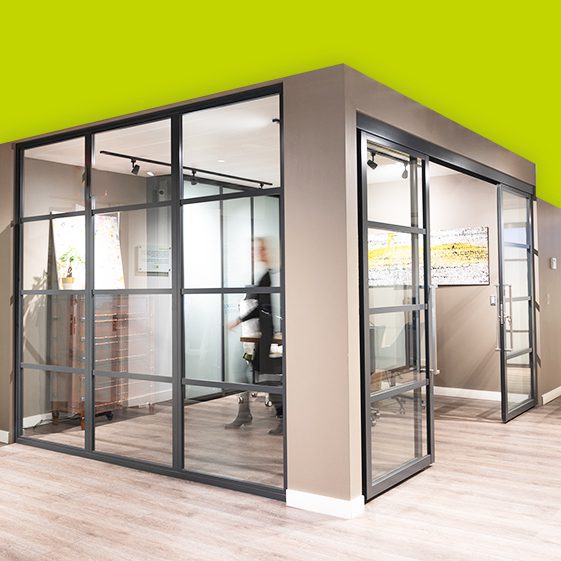 WHO WE ARE
WHO WE ARE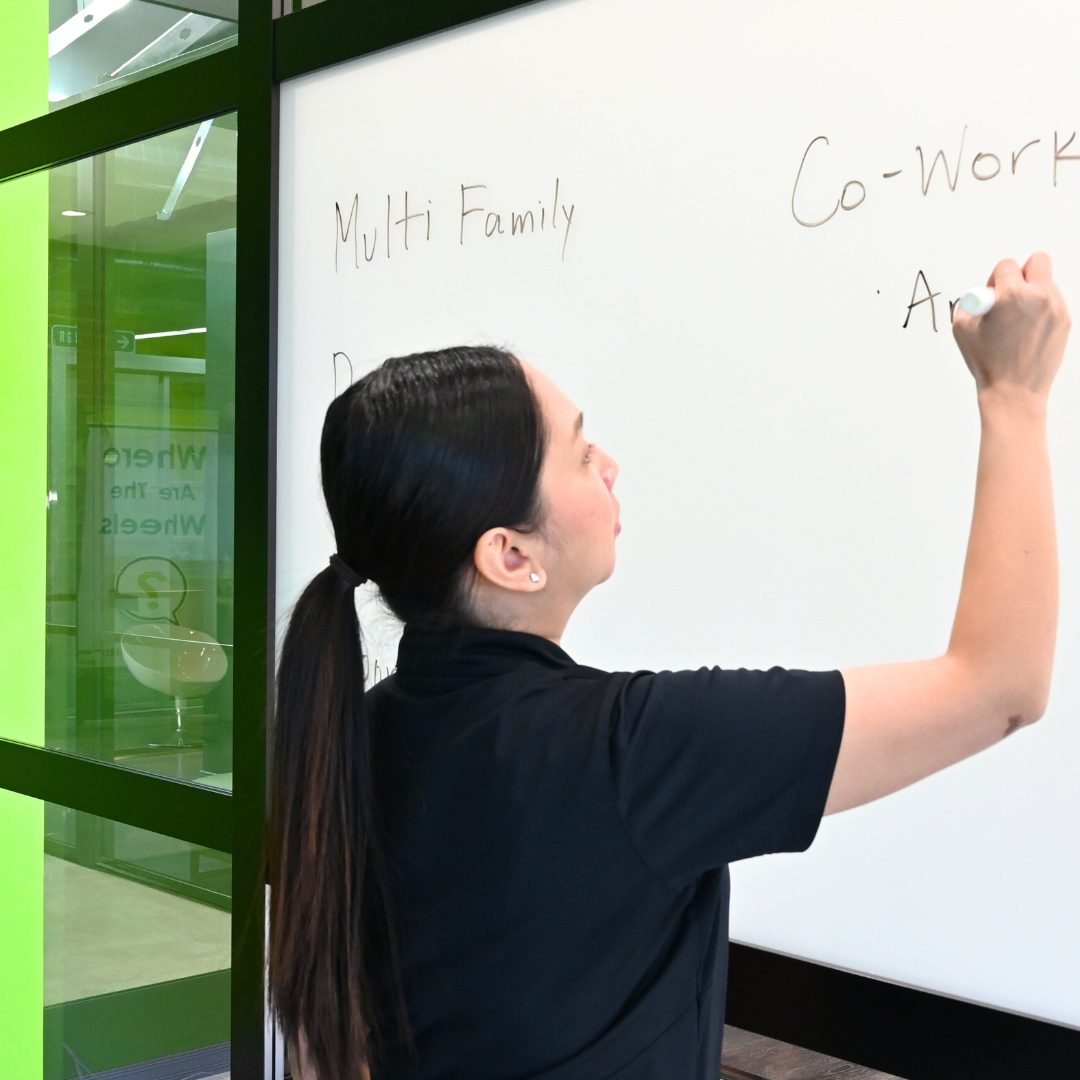 CAREERS
CAREERS SUSTAINABILITY CULTURE
SUSTAINABILITY CULTURE
